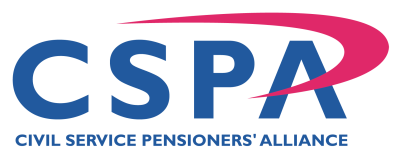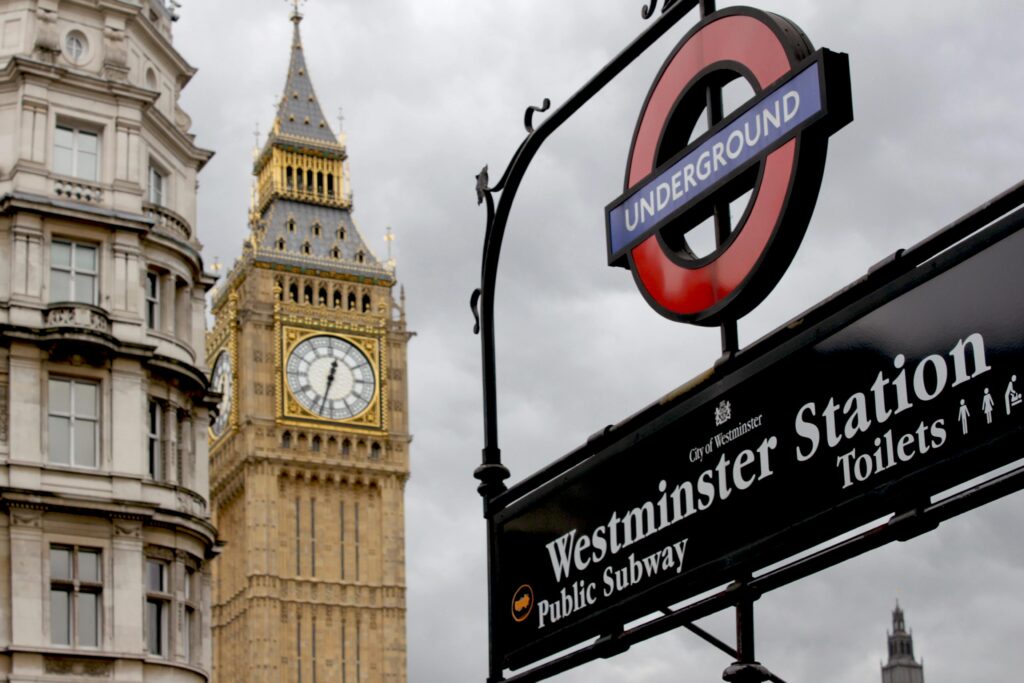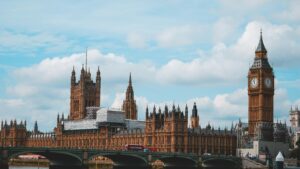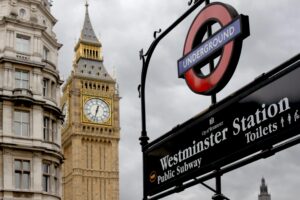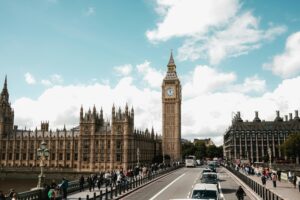
An update from our Parlimentary Advisors
Christine Jardine MP (LD, Edinburgh West) led an adjournment debate raising concerns about delays in implementing the McCloud remedy, which aims to correct age discrimination in public sector pension reforms. She highlighted the serious financial and emotional impact on affected constituents, including civil servants, police officers and NHS workers, some of whom have waited years for their pension corrections – estimated in some cases to exceed £30,000.
She specifically referenced that the civil service scheme in England and Wales has only issued around 45% of immediate choice RSSs.
Support came from Graeme Downie (Lab, Dunfermline and Dollar) and Jim Shannon (DUP, Strangford), who echoed the widespread impact across the UK and called for greater support, including employer-provided financial guidance. Jardine pressed for more Government involvement to accelerate processing and reduce backlogs, especially for the most vulnerable.
Responding, Economic Secretary to the Treasury Emma Reynolds acknowledged the complexity of the McCloud remedy, which affects over 3 million workers across 20 pension schemes. She stressed that responsibility lies with individual scheme managers, including devolved administrations, but assured that the Government is urging schemes to prioritise urgent cases. Reynolds confirmed interest payments on delayed funds and reaffirmed the goal of completing remedial work by the March 2025 deadline, where possible.
Deborah Evans has been confirmed as the new Chair of The Pensions Ombudsman. Evans currently serves as a non-executive Director and chair of the compliance Committee at the Property Ombudsman. She will take over from Anthony Arter who has been interim Chair since January 2024. She will take up the post on 1 July.
The Department for Work and Pensions added that the Pensions Ombudsman provides a vital service by independently investigating and resolving complaints concerning occupational and personal pension schemes.
The following written questions of interest have been answered:
Neil Duncan-Jordan (Lab, Poole): To ask the Chancellor of the Exchequer, what assessment she has made of the potential implications of the level of the new state pension for the finances of people subject to the lower personal tax allowance.
Torsten Bell (Lab, Swansea West): This Government remains committed to supporting pensioners and giving them the dignity and security they deserve in retirement. Through our commitment to protect the Triple Lock, over 12 million pensioners benefitted from a 4.1% increase to their basic or new State Pension in April 2025. Over the course of this Parliament, the full yearly rate of the new State Pension is expected to increase by around £1,900 based on the Office for Budget Responsibility’s latest forecast
The Personal Allowance – the amount an individual can earn before paying tax – will continue to exceed the basic and full new State Pension in 2025/26. This means pensioners whose sole income is the full new State Pension or basic State Pension without any increments will not pay any income tax. The previous Government made the decision to freeze the income tax Personal Allowance at its current level of £12,570 until April 2028. The current Government is committed to keeping people’s taxes as low as possible while ensuring fiscal responsibility and so, at our first Budget, we decided not to extend the freeze on personal tax thresholds.
Anna Gelderd (Lab, South East Cornwall): To ask the Chancellor of the Exchequer, what steps her Department is taking to support the use of banking hubs as venues for financial education aimed at improving women’s (a) financial literacy and (b) independence.
Emma Reynolds (Lab, Wycombe): Banking hubs are a voluntary service which were developed by the financial services sector in the context of legislation to protect access to cash under the Financial Services and Markets Act 2023. Their rollout is overseen by Cash Access UK (CAUK), a not-for-profit company set up and funded by the banks for the purpose of coordinating banking hub delivery. The Government is working closely with industry to roll out 350 banking hubs across the UK. The UK banking sector has committed to deliver these hubs by the end of this Parliament. Over 230 hubs have been announced so far, and over 160 are already open.
Where a branch closure is announced or a community has submitted a cash access assessment request, LINK, the independent industry coordinating body responsible for making access to cash assessments, assesses a community’s access to cash needs. LINK will recommend appropriate solutions where it considers that a community requires additional cash services, such as a banking hub or deposit service. The Financial Conduct Authority (FCA) rules require LINK to consider a range of factors in their assessments, such as population demographics and levels of vulnerability within the community.
The Government is committed to ensuring that all individuals have the financial capability to manage their money well and recognises that certain groups – such as women – may face specific barriers to financial literacy and inclusion. The Money and Pensions Service (MaPS) is supported by the Government to provide a wide range of tools and guidance to help people manage money confidently at every stage of life. Furthermore, by making Financial Education and Capability a focus within the Financial Inclusion Strategy, the Government aims to address these barriers and ensure that women, as well as other groups who face barriers, are better equipped to access affordable and appropriate financial products and services.
Grahame Morris (Lab, Easington): To ask the Minister for the Cabinet Office, what his planned timetable is for completing the remediation of Civil Service Pension Scheme cases arising from the Public Service Pensions and Judicial Offices Act 2022.
Georgia Gould (Lab, Queen’s Park and Maida Vale): The Court of Appeal ruled that the pension reforms and transitional protection arrangements introduced in 2015 following the enactment of the Public Service Pensions Scheme 2013, were directly discriminatory on the basis of age. The 2015 Remedy (McCloud) Programme will end and rectify discrimination within the Civil Service Pension Scheme (CSPS) that arose when reformed public service pension schemes were introduced in 2015.
CSPS has 1.7 million members, of which 420,000 are in scope for the Remedy. This spans current civil servants who are accruing benefits, deferred members who have left service and/or the Scheme and pensioners (including partial and full retirees and those who retired on grounds of ill health or death in service). The regulatory timeline for delivery of all Immediate Choice Remediable Service Statements (IC RSS) was by 31 March 2025 and 44% of statements were issued by that date, but in complex cases affecting 56% of the Immediate Choice population, the Cabinet Office has exercised its discretion to extend beyond this delivery date by 2 years. As this work progresses, more detail will become available about delivery dates within the next 2 years. The Cabinet Office is continuing to stress to MyCSP the importance of meeting contractual performance levels and improving member experience.
